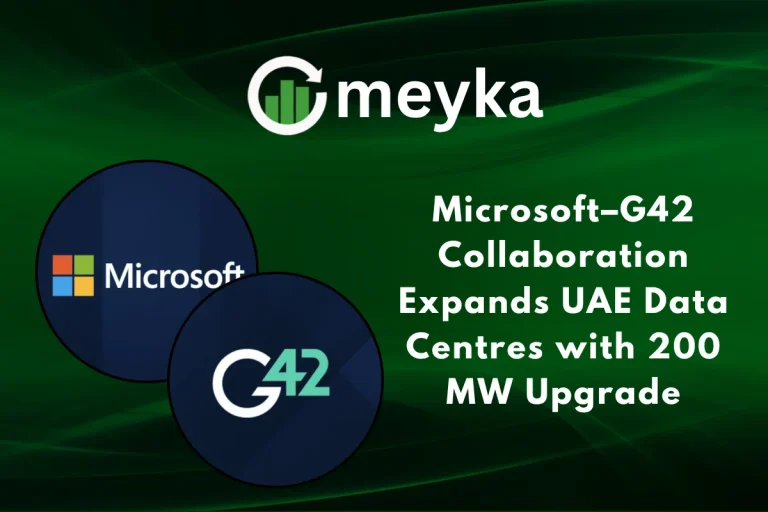Winter Fuel Payment Pensioners: The Simple Trick to Qualify Even If You Earn Over £35,000
The Winter Fuel Payment is a government grant to help older households pay their heating bills in the cold months. Most pensioner households get between £100 and £300, depending on age and circumstances, and most payments are made automatically in November or December. The Department for Work and Pensions runs the scheme and publishes full eligibility and payment details.
Continue Reading on Meyka
This article is available in full on our main platform. Get access to complete analysis, stock insights, and more.
Read Full Article →





